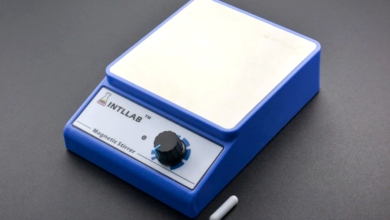3 Ways Technology is Improving Healthcare

The healthcare industry can be slow to change, especially when dealing with the rules and regulations that govern it. But a slew of technological advancements are helping to improve the patient experience helping to make the jobs of physicians, nurses, and all care providers a little bit easier. As these technologies continue to advance and be widely adopted, they can help to improve not only our medical system but the lives of patients everywhere.
Related: Top 5 Healthy Habits That Can Help In Changing Your Mindset
Here is a look at three technologies that are making a difference.
1. Telemedicine:
The COVID-19 pandemic has proven the importance of telehealth as a way for healthcare providers to stay in contact and continue providing care to their patients. During the pandemic, there was a rapid and widespread adoption of the technology. A November survey from the COVID-19 Healthcare Coalition found that three-quarters of the physicians that participated reported that telehealth helped them to provide quality care for their patients. To keep the rise of telehealth going long after the pandemic, however, improvements will need to be made to overcome several challenges, including patient access to technology and insurance reimbursement amounts. In addition, more than half of the respondents said they couldn’t use telemedicine to serve patients because of its lack of integration with electronic health records.
Related: How to Start Your Own Ecommerce Business Online
2. Remote healthcare monitoring:
According to the survey from the COVID-19 Healthcare Coalition, 11 percent of respondents reported they used remote patient monitoring platforms to monitor patients in their homes during the pandemic. Remote patient monitoring tools make it easy for doctors to monitor patients with acute or chronic conditions on an ongoing basis. These tools capture patient data such as blood pressure or glucose levels and share it with the physician. This technology helps doctors better treat their patients and helps reduce the number of visits the patient has to make to the doctor.
Related: Benefits of Yoga Exercises for Healthy Lifestyle
3. Electronic healthcare records:
The value of the global electronic health records (EMR) market will be valued at more than $42.47 billion by 2028, according to a new study conducted by Polaris Market Research. It’s a technology that continues to grow and grow — and for good reason. These records provide the latest accurate patient information, allow providers to securely share information with other providers, enable safer medicine prescribing and enhance the security of patient data, according to the U.S. Office of the National Coordinator for Health Information Technology.









